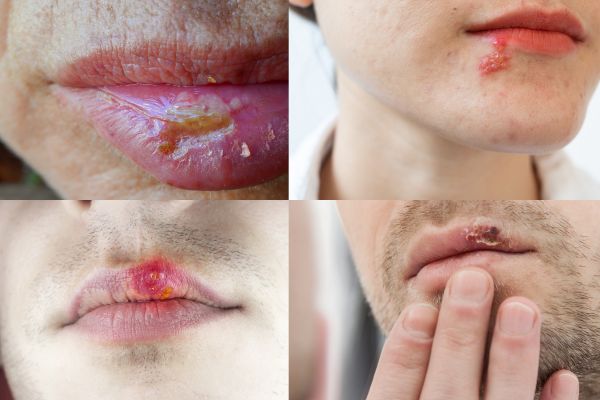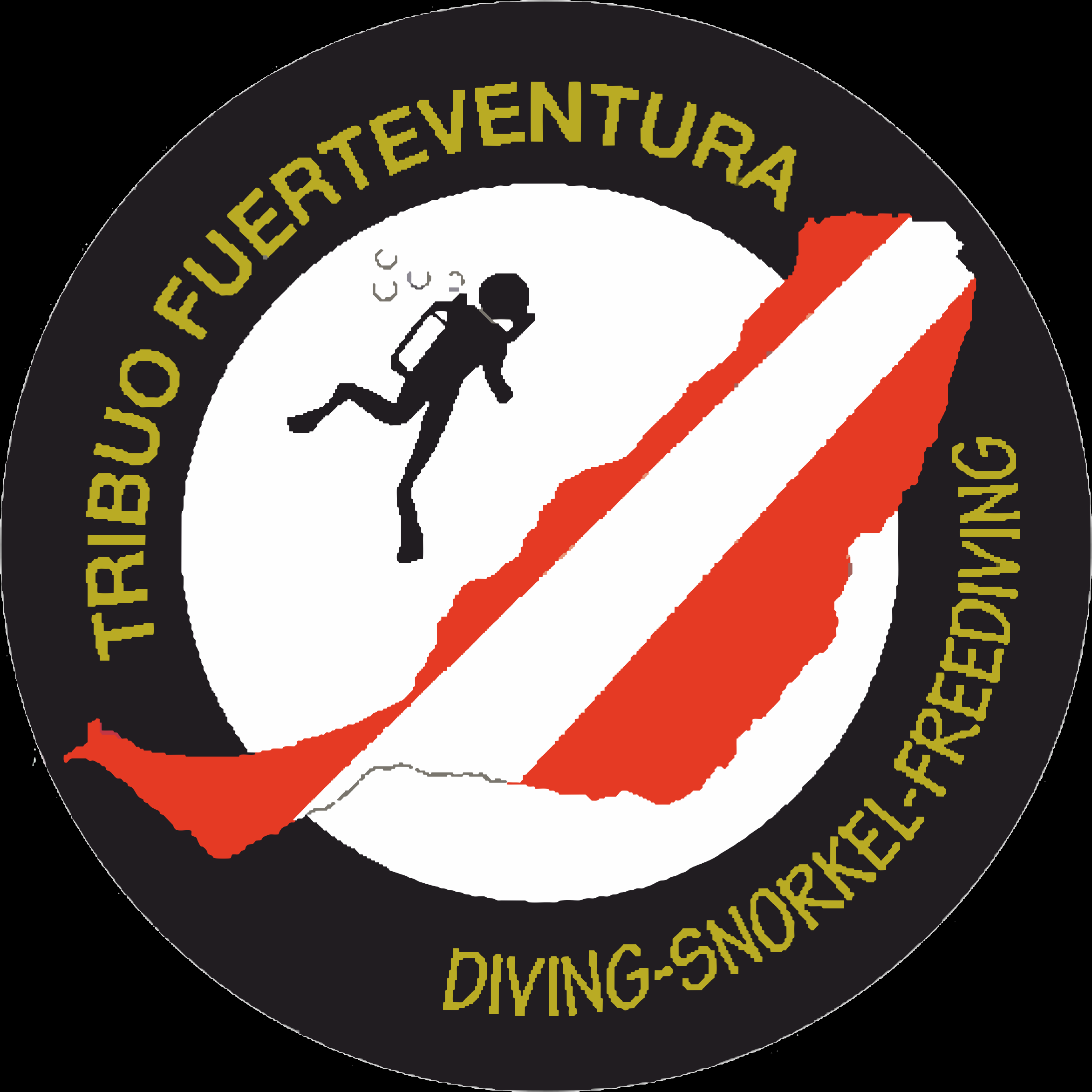DIVING WITH COLD SORES ORAL HERPES CAN POSE SEVERAL RISKS AND COMPLICATIONS

Diving with cold sores (oral herpes) can pose several risks and complications due to the nature of the virus and the conditions of the diving environment. Here are some of the risks and important considerations:
Virus Transmission:
Cold sores are caused by the herpes simplex virus (HSV-1), which is highly contagious. The virus can spread to other parts of the body or other people through direct contact.
Sharing diving equipment, such as regulators or masks, can increase the risk of virus transmission.
Complications from Saltwater and Immersion:
Saltwater can irritate cold sore lesions, causing pain and delaying healing.
The pressure and humid environment of diving can worsen the lesions or cause additional discomfort.
Weakened Immune System:
The physical and mental stress associated with diving can weaken the immune system, potentially worsening a cold sore outbreak.
Risk of Secondary Infection:
Open cold sore lesions can be susceptible to secondary bacterial infections, especially in a marine environment where there are many microorganisms.
Decreased Overall Well-being:
The discomfort and pain associated with cold sores can distract the diver, reducing their ability to concentrate and increasing the risk of accidents.
Tips for Diving with Cold Sores
If you decide to dive with cold sores, consider taking the following precautions:
Treatment: Use prescribed antiviral topical or oral medications to reduce the severity and duration of the outbreak.
Hygiene: Maintain strict personal hygiene and avoid touching the lesions. Wash your hands frequently.
Personal Equipment: Use your own diving equipment and avoid sharing it with others.
Protection: Consider using a lip balm with an antiseptic or a physical barrier to cover the lesions.
Medical Consultation:
Consult a healthcare professional before diving to receive specific recommendations based on your health condition.
In summary, while it is possible to dive with cold sores, it is crucial to take measures to minimize the risks of complications and virus transmission. It is always advisable to seek the advice of a healthcare professional before engaging in strenuous physical activities during a cold sore outbreak.
Virus Transmission:
Cold sores are caused by the herpes simplex virus (HSV-1), which is highly contagious. The virus can spread to other parts of the body or other people through direct contact.
Sharing diving equipment, such as regulators or masks, can increase the risk of virus transmission.
Complications from Saltwater and Immersion:
Saltwater can irritate cold sore lesions, causing pain and delaying healing.
The pressure and humid environment of diving can worsen the lesions or cause additional discomfort.
Weakened Immune System:
The physical and mental stress associated with diving can weaken the immune system, potentially worsening a cold sore outbreak.
Risk of Secondary Infection:
Open cold sore lesions can be susceptible to secondary bacterial infections, especially in a marine environment where there are many microorganisms.
Decreased Overall Well-being:
The discomfort and pain associated with cold sores can distract the diver, reducing their ability to concentrate and increasing the risk of accidents.
Tips for Diving with Cold Sores
If you decide to dive with cold sores, consider taking the following precautions:
Treatment: Use prescribed antiviral topical or oral medications to reduce the severity and duration of the outbreak.
Hygiene: Maintain strict personal hygiene and avoid touching the lesions. Wash your hands frequently.
Personal Equipment: Use your own diving equipment and avoid sharing it with others.
Protection: Consider using a lip balm with an antiseptic or a physical barrier to cover the lesions.
Medical Consultation:
Consult a healthcare professional before diving to receive specific recommendations based on your health condition.
In summary, while it is possible to dive with cold sores, it is crucial to take measures to minimize the risks of complications and virus transmission. It is always advisable to seek the advice of a healthcare professional before engaging in strenuous physical activities during a cold sore outbreak.
